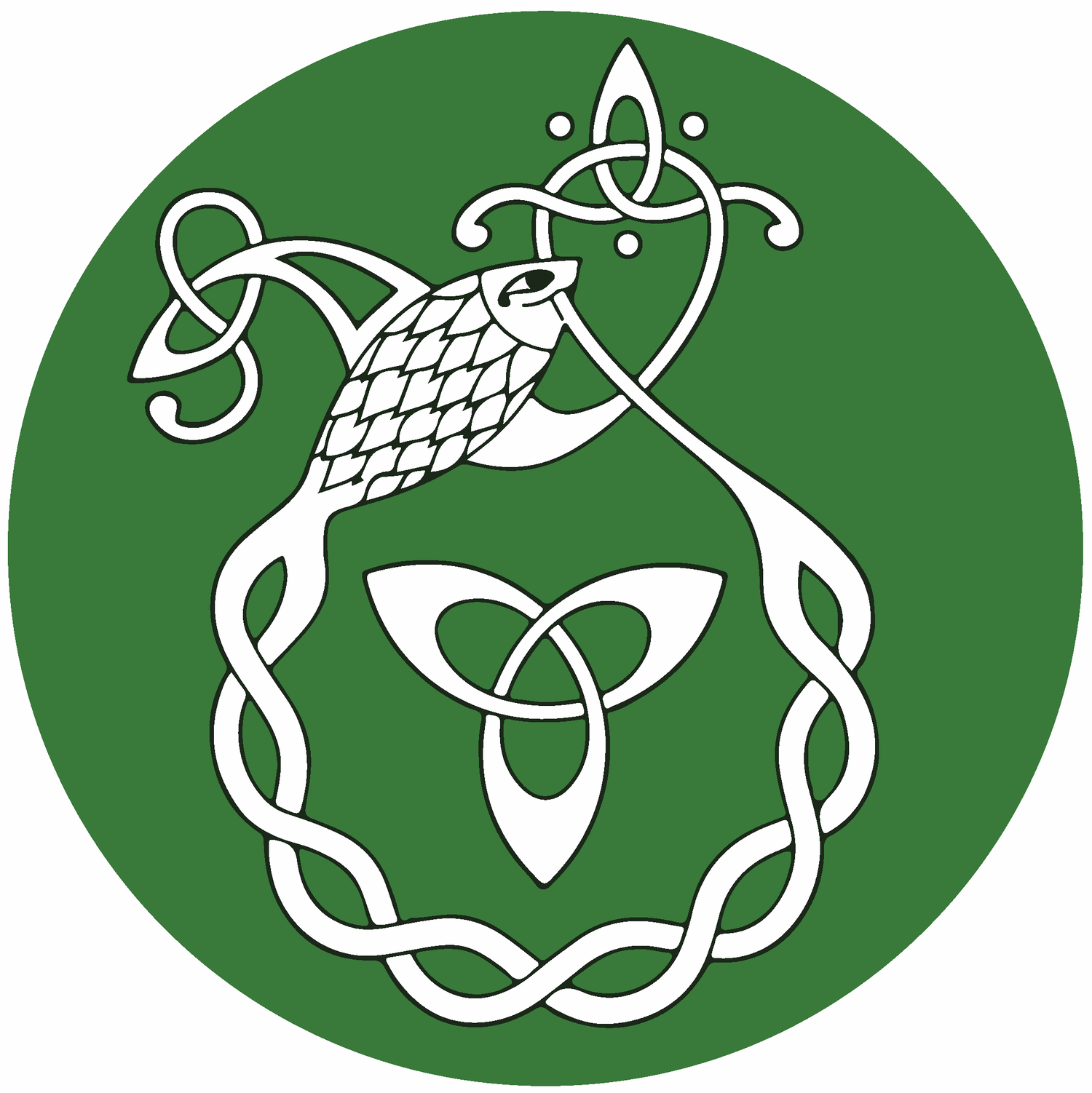Gaeilge Ottabha
Stretching along the meandering Ottawa River from the outskirts of Montreal through the heart of Ottawa (yet excluding the city itself) and beyond Algonquin Park, the Ottawa Valley is a geographical tapestry interwoven with the narratives of diverse European settlers. Stretching North from this is the equally stunning vistas of the Gatineau Valley. A continuing home to Indigenous peoples for millennia, these valleys saw early European settlement by the French. But it was the later Scottish and Irish pioneers of the 19th century, including the Peter Robinson settlers, who etched their imprint on the character of these new communities. By the start of the 20th century, three main English dialect areas had emerged, along with smaller dialect pockets, each steeped in its unique cultural influences. One resonated with the echoes of Ulster-Mayo, another with the cadence of Munster, and the third carried the unmistakable lilt of Scottish heritage.
Undoubtedly, the Irish played a pivotal role in shaping the Ottawa and Gatineau Valleys’ cultural tapestry, being home to prominent Irish speakers such as Ketty Holmes, Tomás Ua Baíghell, and Uilleam Ruisséal. Their influence was still strongly felt into the 1941 census, where in some townships those still proudly declaring Irish ethnicity remained at a staggering 95% of the population.(1) This majority translated into a profound influence on the accents resonating through the valley, leaving an indelible mark on Valley English. As dialectologists Enoch Padolsky and Ian Pringle note:
“…the Ottawa Valley is (by North American standards) extraordinarily complex linguistically. Though for very different reasons, it appears superficially to be as highly differentiated as some of the more complex dialect areas of Europe.”(2)
The ‘Valley brogue’ was seen as non-standard and not recognized for the treasure it is, with the first academic study published in 1981. Some remember being given elocution lessons to erase this linguistic heritage.(3) Now largely in decline, these dialects contain a treasury of terms where remnants of the Irish lexicon find a final refuge. Words may have arrived with Hiberno-English speakers, but it is recognized that many Irish-speaking settlers came to this area, including many monolingual speakers. These terms, like heirlooms, endure in the speech of descendants even after the spoken Irish language of their ancestors has become a distant memory. They unveil a window into the speech of the early Irish settlers, linguistic heirlooms irreplaceable to local life.
The terms that remain are the echoes of the Irish that was spoken in the valleys. These words craft a narrative, connecting the present to the echoes of a Gaelic past, much like the rustle of leaves carrying tales through the valleys and hills of Ottawa and Gatineau.
Valley English (Meaning) ← Gaeilge (Meaning)
This is by no means a comprehensive list of terms, but simply examples with very clear etymological origins. It is mostly based on those collected by Preston O’Grady,(4) with confirmations and additions from local informants.
After (Recent past marker, “we’re after talking”) ← Tar éis (after, used for recent past)?
At all at all (Redoubled for emphasis) ← Ar chor ar bith (at all)?
Be’s / Do be (Habitual present tense) ← Bíonn (Habitual present tense)
Brawlaw (A stick to drive cattle, a threat) ← Brathladh (An angry shout)
Bucko (A boy) ← Buachaill? (A boy)
For to (“For the purpose of”) ← Chun / Chuig? (For the purpose of), also in lower-class English from 1600
Glom (To grab) ← Glám (Grab, clutch)
Gob (A big mouth) ← Gob (A bird’s beak, a big mouth, “saol fad’ is gob fliuch”)
Gom (A fool, a simpleton) ← Gamal (A fool, a simpleton), or Scottish Gomeral
Grawmaw (Overcast day) ← Gruamach (Gloomy, morose)
Griggin’ (Taunting) ← Griogadh / Griogan (Teasing, a petty annoyance)
Muk (To gulp down food) ← Muc (Pig)
Noody-noddy (Indecisive behaviour) ← Niúdaí neádaí (Trifling, indecisive, insipid talk; a hesitant person)
Omadhaun (A harmless simpleton) ← Amadán (A fool)
Pisherogue (An old story not to be believed) ← Pisreog (A charm, spell, or superstition)
Pus (Mouth) ← Pus (Mouth, a sullen expression with blubber lip)
Safe Home (A farewell) ← Slán Abhaile? (Safe homewards, a farewell) or English?
Spalpeen (A scamp or rascal) ← Spailpín (A seasonal hired labourer, a rude person, a scamp)
Streelish (Untidy, sloppy) ← Straoilleach (Ragged, tattered, slovenly)
Twig (To catch on, to understand) ← Tuig (To understand)
Whisht (Be quiet!) ← Fuist (Hush!)
Yarra / Yar there! (Conversation starter, said when thinking) ← Dhera! (Interjection of disbelief or indifference)
For citation, please use: Ó Dubhghaill, Dónall. 2024. “Gaeilge Ottabha.” Na Gaeil san Áit Ró-Fhuar. Gaeltacht an Oileáin Úir: www.gaeilge.ca
-
Map data compiled from Padolsky, Enoch, and Pringle, Ian. 1981. A Historical Source Book for the Ottawa Valley. Carleton University: Ottawa. Maps Irish 1881, Scottish 1881, Roman Catholic 1881, All Ethnic 1881, and Google Maps.
Padolsky, Enoch, and Pringle, Ian. 1981. A Historical Source Book for the Ottawa Valley. Carleton University: Ottawa.
Padolsky, Enoch, and Pringle, Ian. 1983. “The Linguistic Survey of the Ottawa Valley.” American Speech. 58(4). Duke University: Durham.
Moran, M.C. 2013. “Ottawa Valley Slang.” Ottawa Valley Irish. https://www.ottawavalleyirish.com/2013/12/ottawa-valley-slang.html
O’Grady, Preston . 1998.”Ottawa Valley Expressions.” Between Two Rivers. https://www.ogradys.ca/opeongo/index.html. With confirmations and additions by local sources: Bryan Daly, Mary Holmes, Erik Lacharity, Della Lacharity
The fonds of Joan Finnigan, collector local songs and stories, are located at Queen’s University, Kingston, and would greatly expand the understanding of this dialect.

